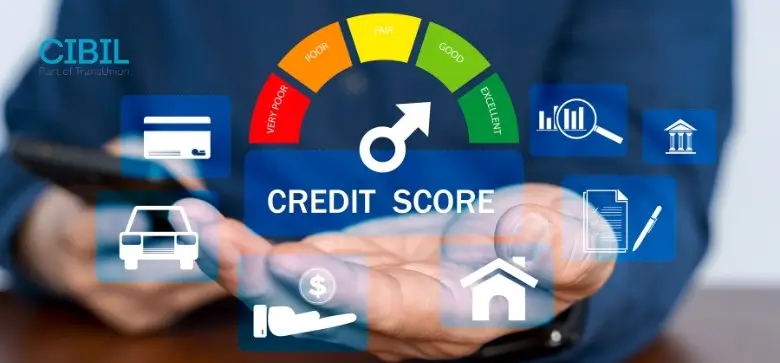
SMA in CIBIL is one aspect that most people are unaware of. SMA classification is crucial to lenders as it aids in placing necessary measures to retrieve loans from unreliable borrowers.
So, in this article, we’ll explore more about SMA and how it helps lenders.
SMA full form in CIBIL is Special Mention Accounts.
Special Mention Accounts(SMA) refer to the accounts that show signs of turning into a non-performing asset in the first 90 days or even before being identified as an NPA.
RBI introduced the SMA classification in 2014 to help identify those accounts that pose a threat of becoming NPA soon.
There are four types of SMAs.
SMA - 0
SMA - 1
SMA - 2
SMA - NF
Let us now look at each SMA and what they mean in detail.
|
SMA - 0 |
Principal or interest payment not overdue for more than 30 days but the account showing signs of incipient stress |
|
SMA - 1 |
Principal or interest payment overdue between 31-60 days |
|
SMA - 2 |
Principal or interest payment overdue between 61-90 days |
|
SMA - NF |
Non-financial stress indications of an asset |
Loans or advances made by banks or other financial institutions are classified as non-performing assets (NPAs) if the borrower has missed at least 90 days of principal and interest payments and the loan is no longer earning money for the lender.
When borrowers are unable to pay the interest, their assets for the bank are deemed "non-performing" because they are not producing any income for the bank. Since these assets are no longer producing income, the RBI has classified them as NPAs.
Whereas, SMAs are accounts that have the potential to turn in NPAs soon. By early classification, lenders can take appropriate measures to tackle the problem.
SMA in CIBIL means Special Mention Account. SMA classification is applicable to every type of loan extended by the lender except agricultural loans based on crop seasons.
Track Your Credit Score in Seconds
Non-performing Assets cause banks to lose money and RBI has introduced SMAs to aid lenders in identifying risk-posing accounts. These accounts are SMA in CIBIL. Lenders can easily segregate the SMAs based on the time period it has been inactive and take appropriate action.
Disclaimer
The starting interest rate depends on factors such as credit history, financial obligations, specific lender's criteria and Terms and conditions. Moneyview is a digital lending platform; all loans are evaluated and disbursed by our lending partners, who are registered as Non-Banking Financial Companies or Banks with the Reserve Bank of India.
This article is for informational purposes only and does not constitute financial or legal advice. Always consult with your financial advisor for specific guidance.
Was this information useful?